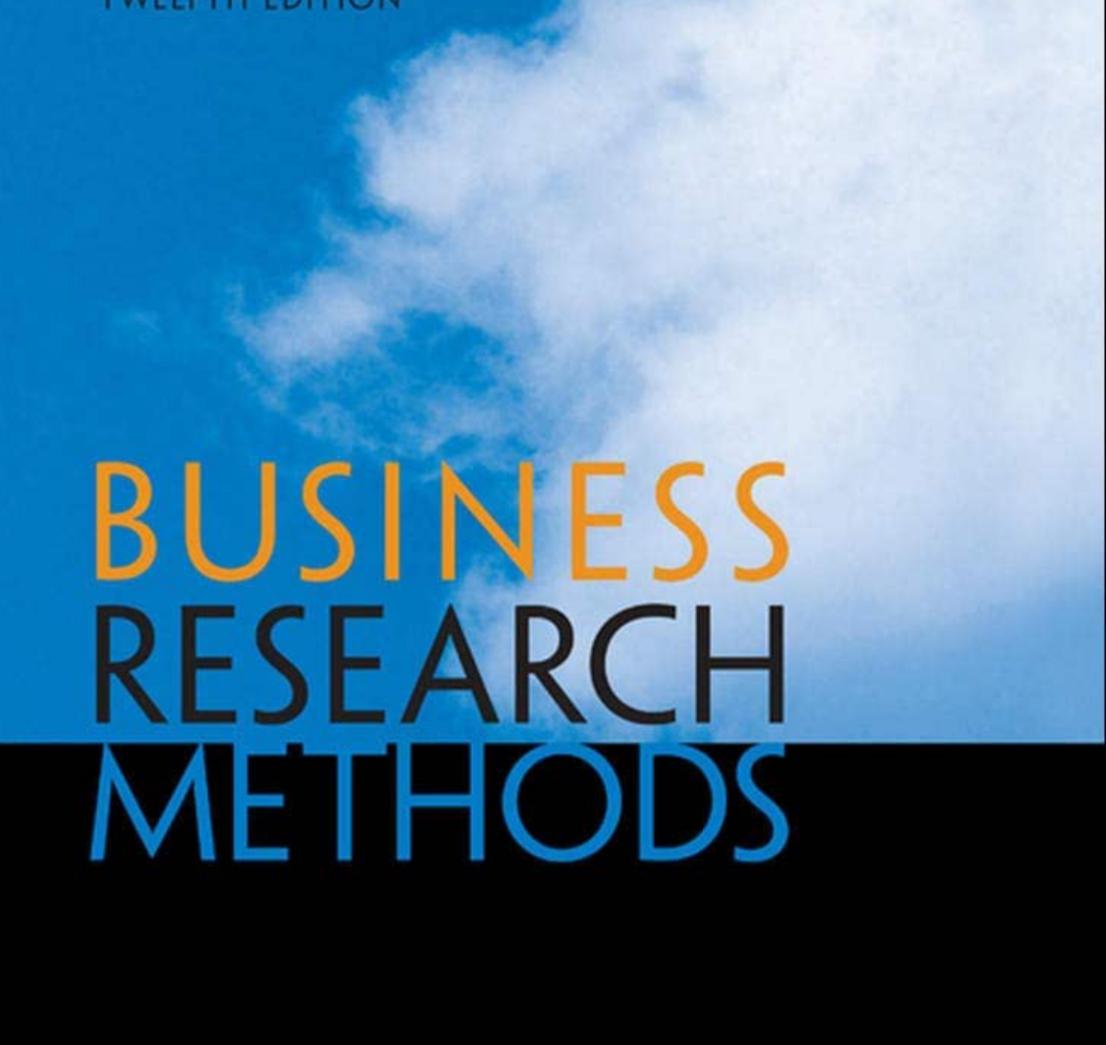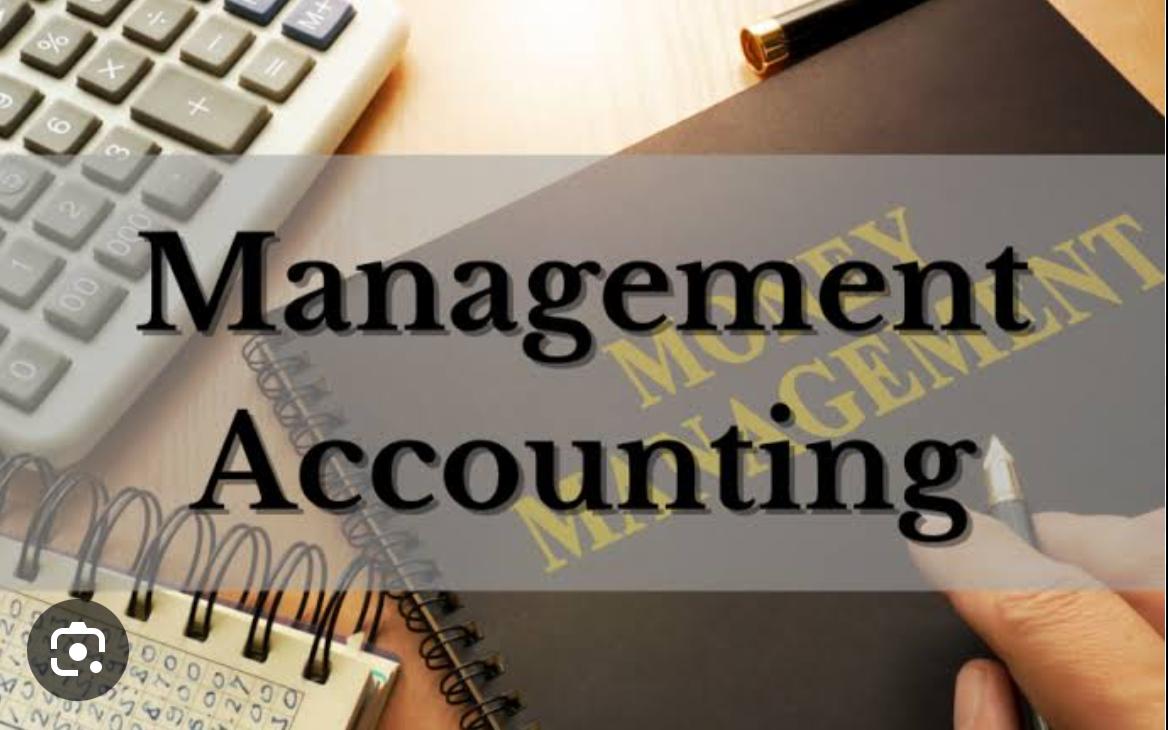
Specific Objectives:
1. To provide a general idea of financial management and time value of money
2. To impart knowledge on capital investment evaluation process
3. To study calculation of individual and overall Cost of capital
4. To Study dividend Policies
5. To learn working capital management tools and techniques
Specific Outcomes:
1. Knowledge of financial management and time of value money helps decisions making effective.
2. Understanding of capital investment evaluation techniques makes investment selection easier.
3. Familiarity with cost of capital helps to use capital judiciously
4. Knowledge of dividend policies helps to take appropriate decision on dividend
5. Helps to have effective working capital management.
- Teacher: SOUMYA K VV College

Specific Objectives:
1. To study functions of financial markets and to evaluate feasibility of financial products
2. Intended to learn various terms used in Indian money market, players in it and their roles.
3. This is envisaged to learn composition of Indian Capital Market and Players in the Indian Capital Market, features, intermediaries, constructing Indices-important indices in use.
4. It is planned to study the NBFCs in India, roles, Leasing, Factoring and its importance.
5. To learn regulatory mechanism in India to regulate the financial markets and services offered. It is also intended to learn the role of regulatory agencies like RBI and SEBI,
Specific Objectives:
1. The; learner acquires thorough knowledge about the financial markets and products available
2. The scholar understands Indian Money Market, Players in the market, Instruments traded, and their functions.
3. The candidate gets clear idea of the composition Indian Capital Market, Who all are the major players in it, how indices are constructed and major indices in use. This will help the candidate to enter such a market with confidence.
4. The Student get acquainted with various NBFCs in playing in India, major instruments traded in the country, factoring, leasing etc.
5. The scholar gets clear idea of the regulatory mechanism in India and role of RBI and SEBI in enforcing transparent fair dealings. This will help the candidate to master the topic easily with confidence.
- Teacher: SANU R V V College

Specific Objectives:
□ To learn taxation system in India, and to learn taxable income, exempted income, agricultural income, calculation of taxable income, residential status etc.
□ To learn computation of taxable income under the head Salaries.
□ To understand taxation of income under the head House Property.
□ To study calculation of taxable profits and gains of business or profession.
□ To seek provisions of taxing capital gains and other sources
Specific Outcomes:
1. To understand the method and methodology of taxation on income in India.
2. To learn the provisions related to computation of Taxable Salary Income.
3. Knowledge of taxing income from house property helps the learner to compute taxable income under the head House Property correctly.
4. Knowledge of computing income under the head profits and gains of business or profession helps the learner to do it effectively in life.
5. Knowledge of computing income under the head Capital Gains and other sources makes the learner self-confident and competent to practice income tax.
- Teacher: Priya K VV College

Specific Objectives:
1. To impart a general idea of research and types of research.
2. To study the fundamentals of research and measurement of reliability
3. To learn scientific data collection process
4. To understand scientific data processing techniques and testing of hypothesis
5. To study drafting of a research report and matters to be kept in mind.
Specific Outcomes:
1. The learner knows the primary matters of business research
2. The student know how to fix a research design, scaling checking validity etc
3. The candidate knows the method of data collection and its processing and validation.
4. The learner knows to process collected data, test hypothesis and arrive at conclusions
5. The student knows well how to write an academic report and present it
- Teacher: NISHA K G VV College

Specific Objectives:
1. To give an overview of Management Accounting
2. To study the methods of analysing financial statements
3. To learn Ratio analysis
4. To learn Fund Flow and Cash Flow analysis
5. To understand CVP analysis
Specific Outcomes:
1. To make the learner aware of the methodologies of Management Accounting
2. It is to make the candidate learn how to conceive and interpret financial statements
3. Ratios are very helpful tools for analysis and interpretations.
4. Knowledge of movements in working capital helps to check/control flow of funds/cash.
5. Knowledge of CVP analysis will be of great help for managerial decision making.
- Teacher: JYOTHI M V VV College